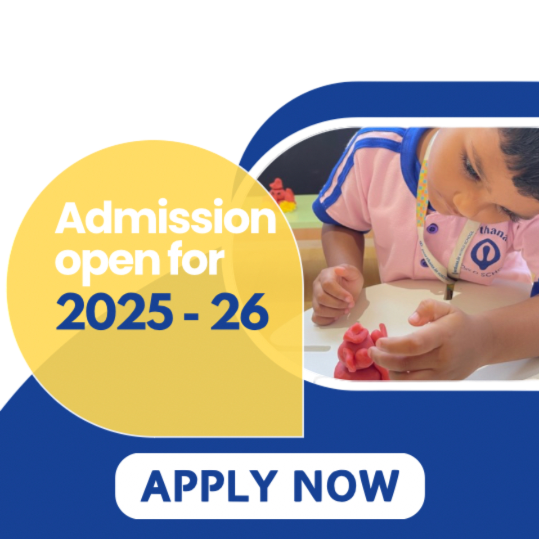Bonjour! Welcome to PWS Primary Years
Nurturing Curiosity, Inspiring Growth!
A vibrant community where education is a journey of wonder and purpose. Here, each interaction holds educational significance, transforming play into a powerful tool for learning. This is because the words wonder, purpose, and play will be important elements of the curriculum and pedagogy of primary classes.
Curriculum
Our curriculum acts as a developmental compass, guiding students through explorations that mirror their evolving needs and capacities, ensuring a holistic and tailored learning experience.
Learner Centricity
In our learner-centered curriculum, students take the lead, exploring, inquiring, and discovering in a way that ignites intrinsic motivation and promotes individualized growth.

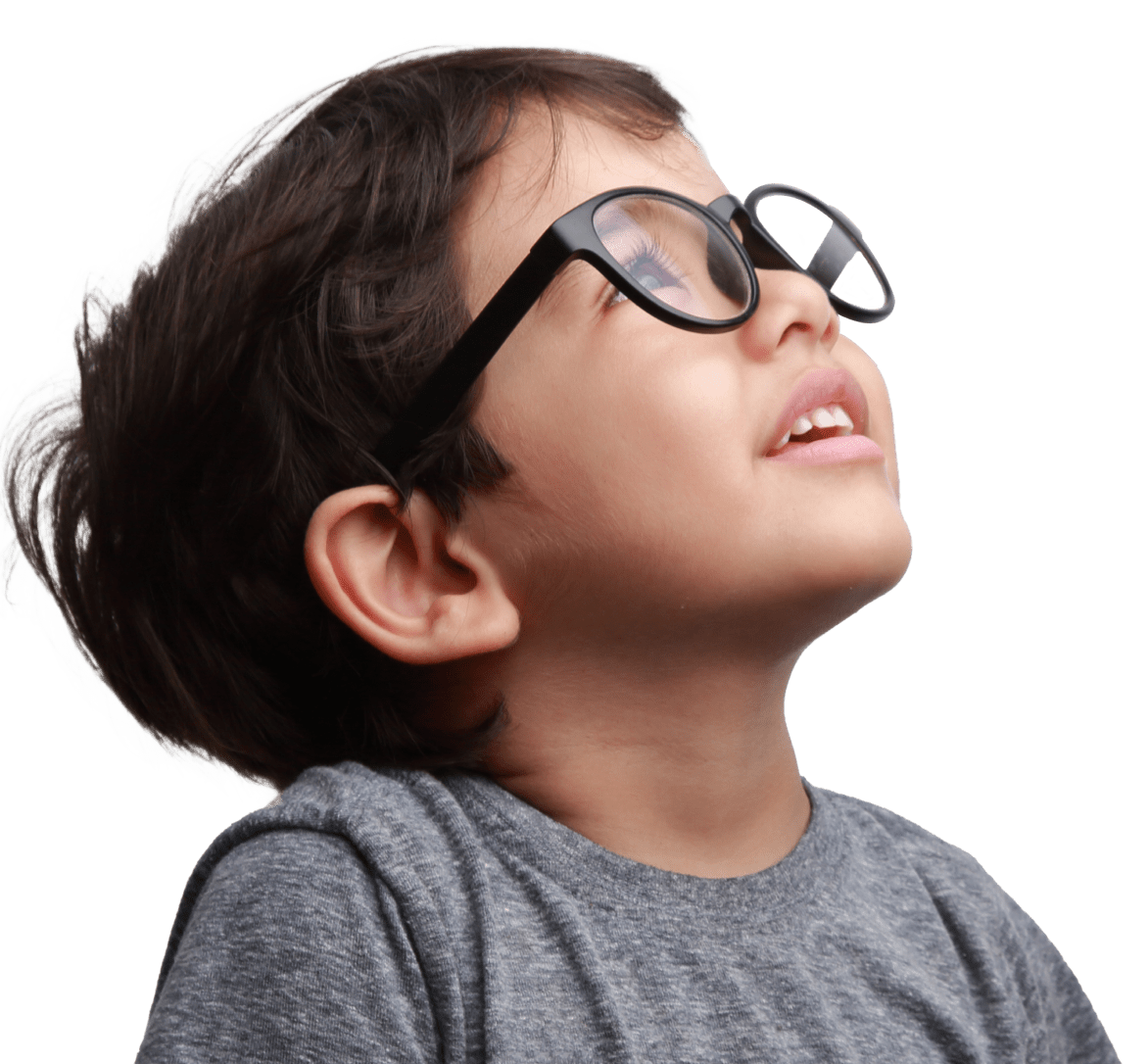
Reflective Practices
Our primary education approach fosters self-awareness and goal-setting through activities like Journaling, group discussions, and project reflections fostering a deeper understanding of oneself and the world around us.
Pedagogy
In our pedagogy, children are seen as competent, full of potential, and active constructors of knowledge through interactions. This foundational belief shapes an environment where each child’s capabilities thrive.
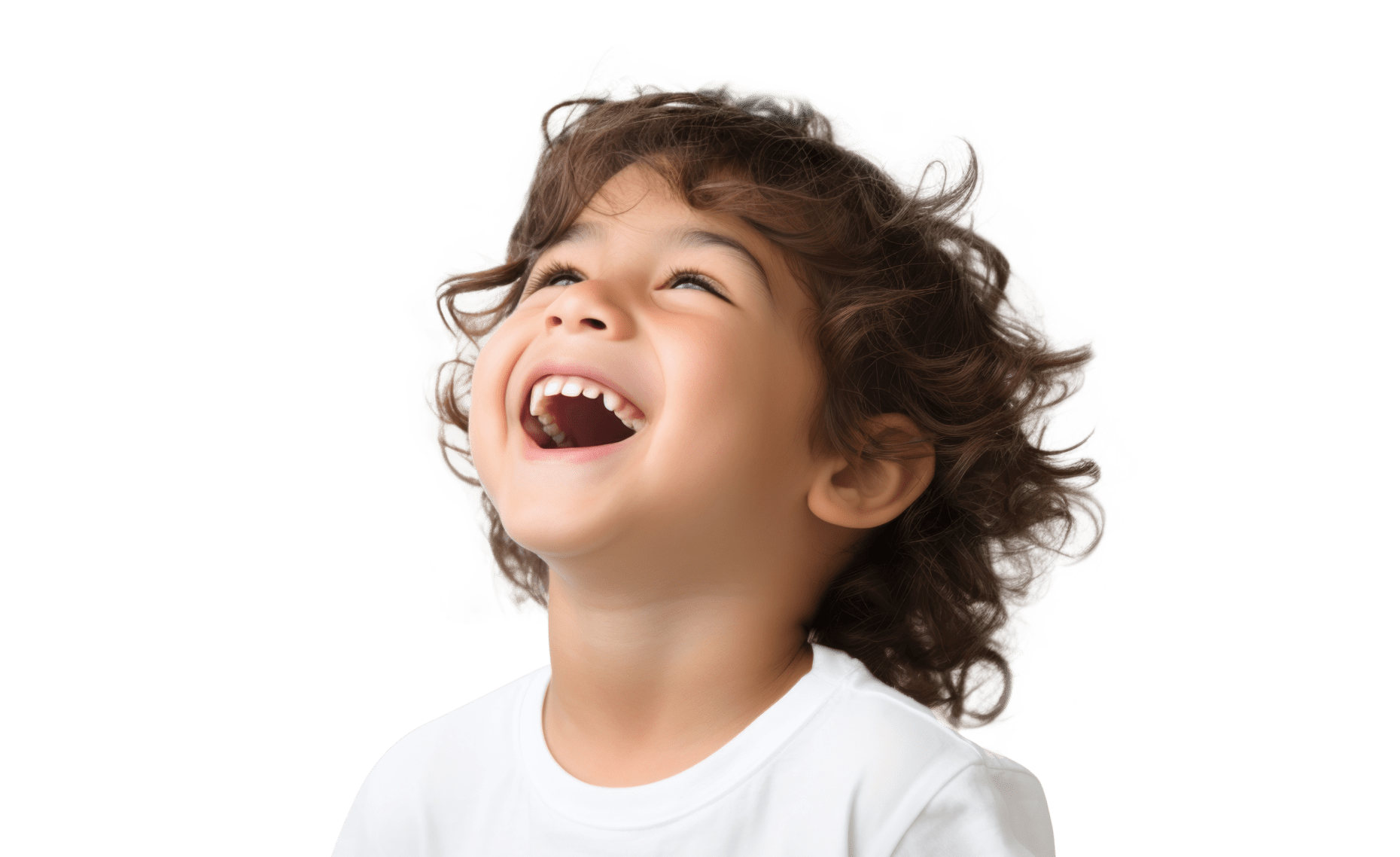
Learner Centricity
In our learner-centered curriculum, students take the lead, exploring, inquiring, and discovering in a way that ignites intrinsic motivation and promotes individualized growth.


Reflective Practices
Our primary education approach fosters self-awareness and goal-setting through activities like Journaling, group discussions, and project reflections fostering a deeper understanding of oneself and the world around us.
Pedagogy
In our pedagogy, children are seen as competent, full of potential, and active constructors of knowledge through interactions. This foundational belief shapes an environment where each child’s capabilities thrive.

Classroom
We believe that a child’s environment is a significant teacher. Our classrooms are dynamic spaces designed to foster interactions that shape a child’s place in the world, while listening is the heart of the educational relationship.
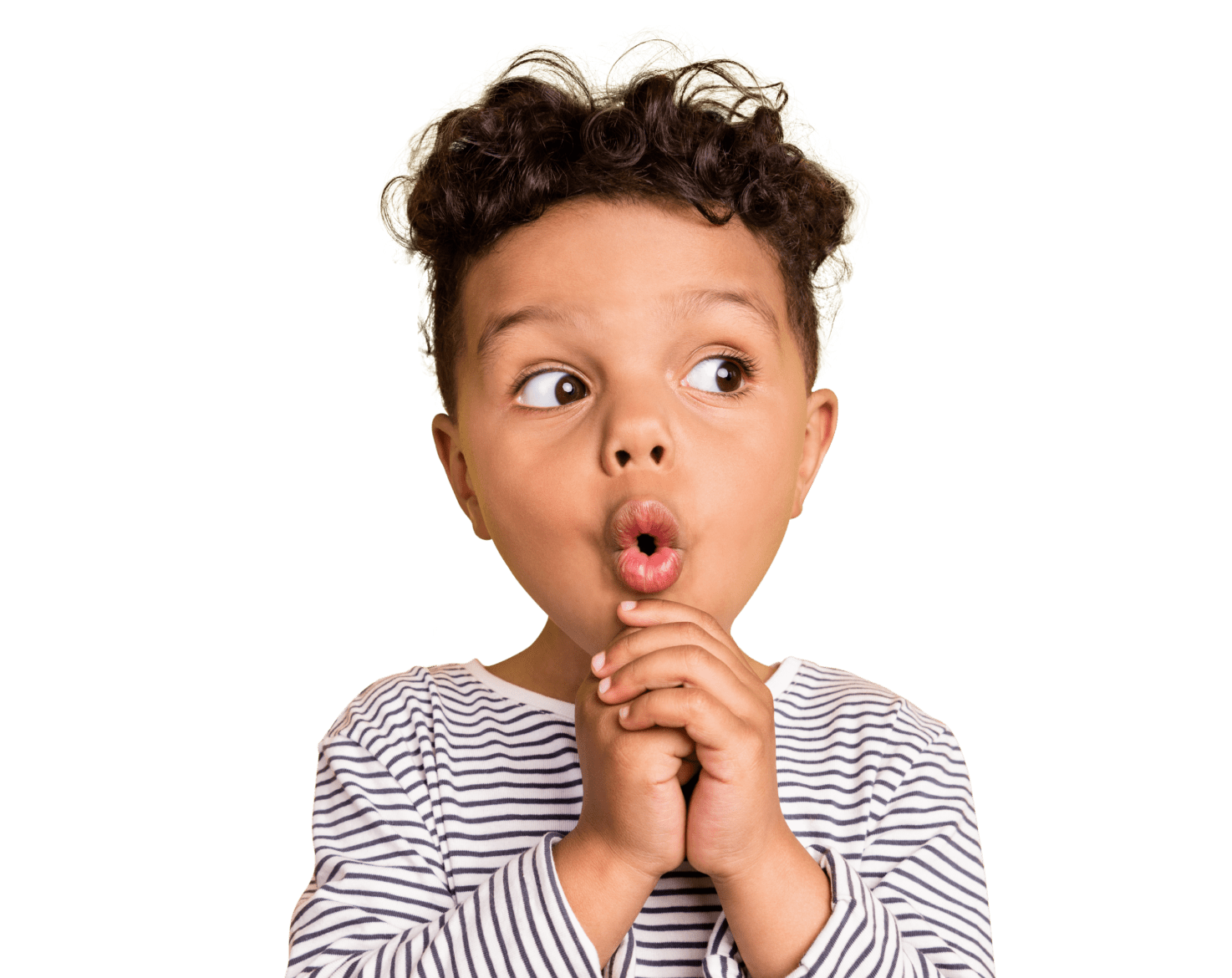
Thinking Classrooms
Thinking Classrooms are dynamic learning spaces designed to cultivate critical thinking, creativity, and problem-solving skills. In primary classrooms, students are actively engaged in the learning process, fostering a deeper understanding of subjects and a passion for lifelong learning.
Inquiry Mindset
We create an inclusive environment that encourages curiosity, celebrates questions, and offers hands-on experiences, collaborative learning, and resources, helping students become lifelong, critical thinkers.
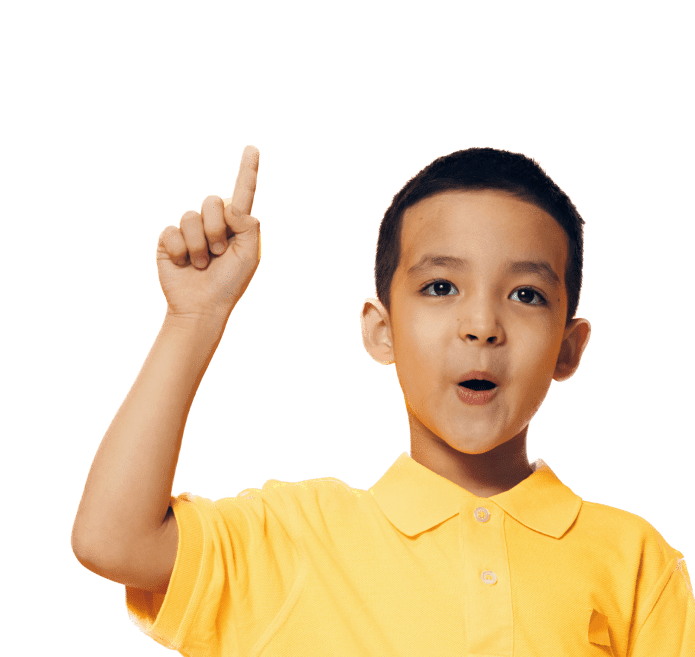
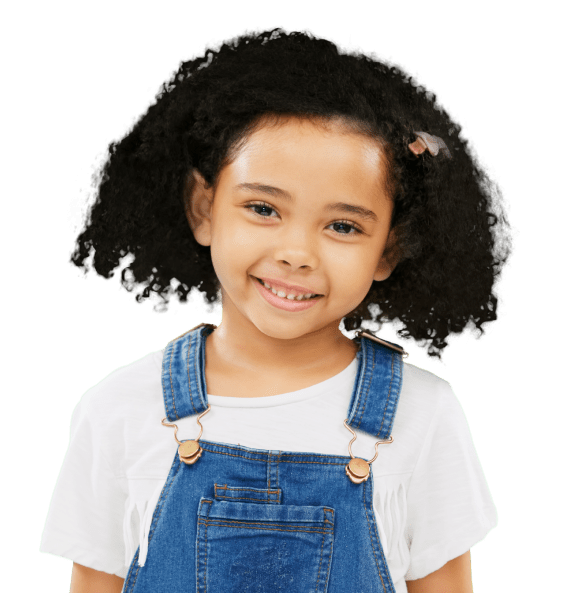
Student autonomy
AtPWS, we believe in fostering student autonomy and encouraging students to take control of their own learning.We provide students with choices in their learning, encouraging them to select books, decide on project topics, and engage in hands-on activities.

Thinking Classrooms
Thinking Classrooms are dynamic learning spaces designed to cultivate critical thinking, creativity, and problem-solving skills. In primary classrooms, students are actively engaged in the learning process, fostering a deeper understanding of subjects and a passion for lifelong learning.
Inquiry Mindset
We create an inclusive environment that encourages curiosity, celebrates questions, and offers hands-on experiences, collaborative learning, and resources, helping students become lifelong, critical thinkers.


Student autonomy
AtPWS, we believe in fostering student autonomy and encouraging students to take control of their own learning.We provide students with choices in their learning, encouraging them to select books, decide on project topics, and engage in hands-on activities.
Assessment
Starting from Grade 3, we introduce summative assessments in addition to our continued emphasis on formative and alternative assessments. Summative assessments provide a comprehensive evaluation of students’ learning achievements at the end of specific learning units. This balanced approach to assessment ensures that our students are well-prepared and equipped with the skills and knowledge they need as they progress through their educational journey.
